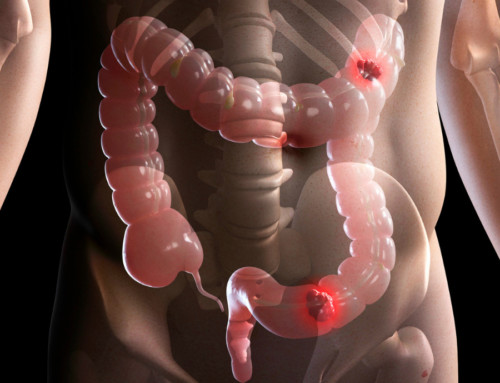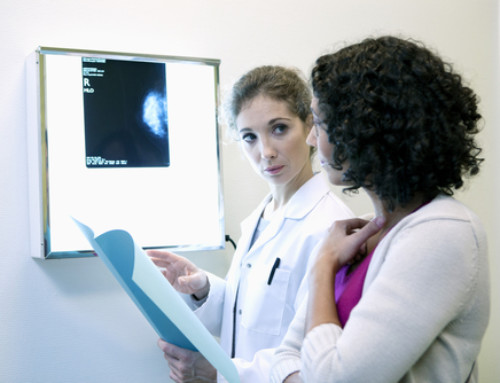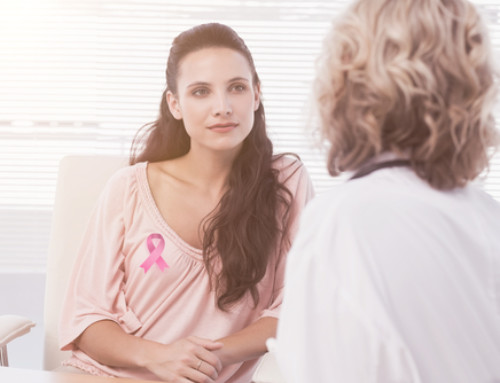Looking out for your health is vital throughout your life, but it takes on even greater importance as you start to age. The likelihood of being diagnosed with many diseases increases with age, and it’s key to know the steps you can take to prevent or detect those ailments before they spread. One of those steps is breast cancer screenings.
Breast cancer screenings are the best way to catch potentially dangerous tissue early on, making it easier to treat and less likely to spread. Screening is incredibly important, and John Hopkins Medical Center says 40% of all diagnosed breast cancer cases are detected by a woman who has felt and followed up on an abnormal bump.
There are a number of methods used for breast cancer screening:
- Mammogram: the most common technique of screening for breast cancer, mammograms involve taking an X-Ray of the breasts.
- MRI of the breast: radio waves are used to take photos of the breasts. MRIs are usually recommended for women whose genetics put them at higher risk of being diagnosed with the disease.
- Clinical breast exams: this is likely the first method of breast cancer screening you will experience. Clinical breast exams involve a doctor or nurse feeling for any lumps or abnormalities in your breasts. This may happen as part of an annual physical examination.
- Self exams: these are exams done at home. They involve checking the breasts for any unusual lumps.
The different methods mentioned above occur at different stages throughout a woman’s life. While the timeline is consistent for most, some screenings may happen sooner for women at increased risk. If you’ve had a close family member who had breast cancer, be sure to ask your doctor about the steps that are right for you.
With this in mind, here’s a look into the timeline of breast screening.
Age 40 and Younger
Only 7% of all breast cancer diagnoses are made in women under the age of 40. Still, it’s important to be mindful of any irregularities that could be found in your breasts during this time.
While the American Cancer Society says breast exams performed by a doctor or at home are no longer necessary, a number of other cancer care organizations and institutions still suggest it as an option for women. The National Breast Cancer Foundation has a step-by-step guide for how women can perform a breast exam in the comfort of their home.
Age 40: Talk to Your Doctor
While most women are not yet at risk of diagnoses at this age, it’s recommended you talk to your doctor about the coming years, and when it may be best to begin mammograms. At this time you should be prepared to provide your family history.
Age 45: Mammograms Begin
American Cancer Society guidelines recommend all women begin having mammograms at this age. While your doctor may have recommended them earlier, 45 is the formally suggested start time.
All health plans started after August 1, 2012 are required to provide coverage for mammograms under the Affordable Care Act. Even women with plans started before that date may receive coverage under state law. The Centers for Disease Control and Prevention has a breast cancer early detection program where it provides mammograms to uninsured and low income women.
After the age of 45, annual mammograms are recommended until you reach age 55.
Age 55 and Beyond: Bi-annual Mammograms
At this age, women are recommended to have mammograms every other year. Those at increased risk of the disease or women who would like to continue having annual mammograms should still be able to do so.
Since the likelihood of being diagnosed with breast cancer increases with age, regular mammograms are recommended for as long as a woman is in good health. Women over the age of 60 are the most likely group to be diagnosed.
No matter your stage in life, it’s always good to start thinking about the measures you can take to promote personal health at a later age. Breast cancer screenings are certainly one of them.





